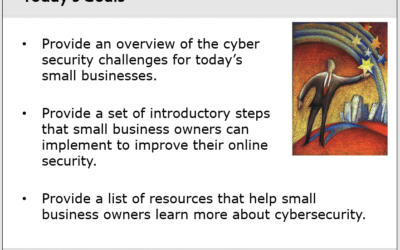There is no universal standard of what the acceptable boundaries of privacy are. The European Union tends to have a more stringent view of what constitutes personal privacy, while the United States seems to favor corporations vs people when it comes to control of user data.
Now, the boundaries are being pushed even further by a company called Jigsaw Data which, according to the following report in the San Francisco Chronicle is encouraging people to post the contact information of business users to the web, making them searchable to a far broader audience than originally intended.
This is not the same as using a service such as Plaxo, where an individual can keep a remote copy of his or her email and address contacts for synchronizing with multiple systems in multiple locations. This is a system that encourages party A to upload business information about party B without party B‘s knowledge or consent.
While you could argue that data posted to any Internet service could invariably be sold whenever corporate ownership changed hands, or economic conditions worsened, you have to admit that what JigSaw facilitates is an immediate black market for business addresses, which will be made use of by cold-calling salespersons — or worse. There appears to be no verification of the worthiness of JigSaw subscribers who seek access to these records, so who is to say what the limits of usage are?
For those who wish to have a very limited Internet presence, it might be a good idea to pay closer attention to who you give your business cards to, and what you put in your email signature, but the real answer is to get a much better handle on end-user privacy at the legislative level.
There’s no reason that capitalism must trump basic privacy rights, considering prevalence today of Identity Theft…




